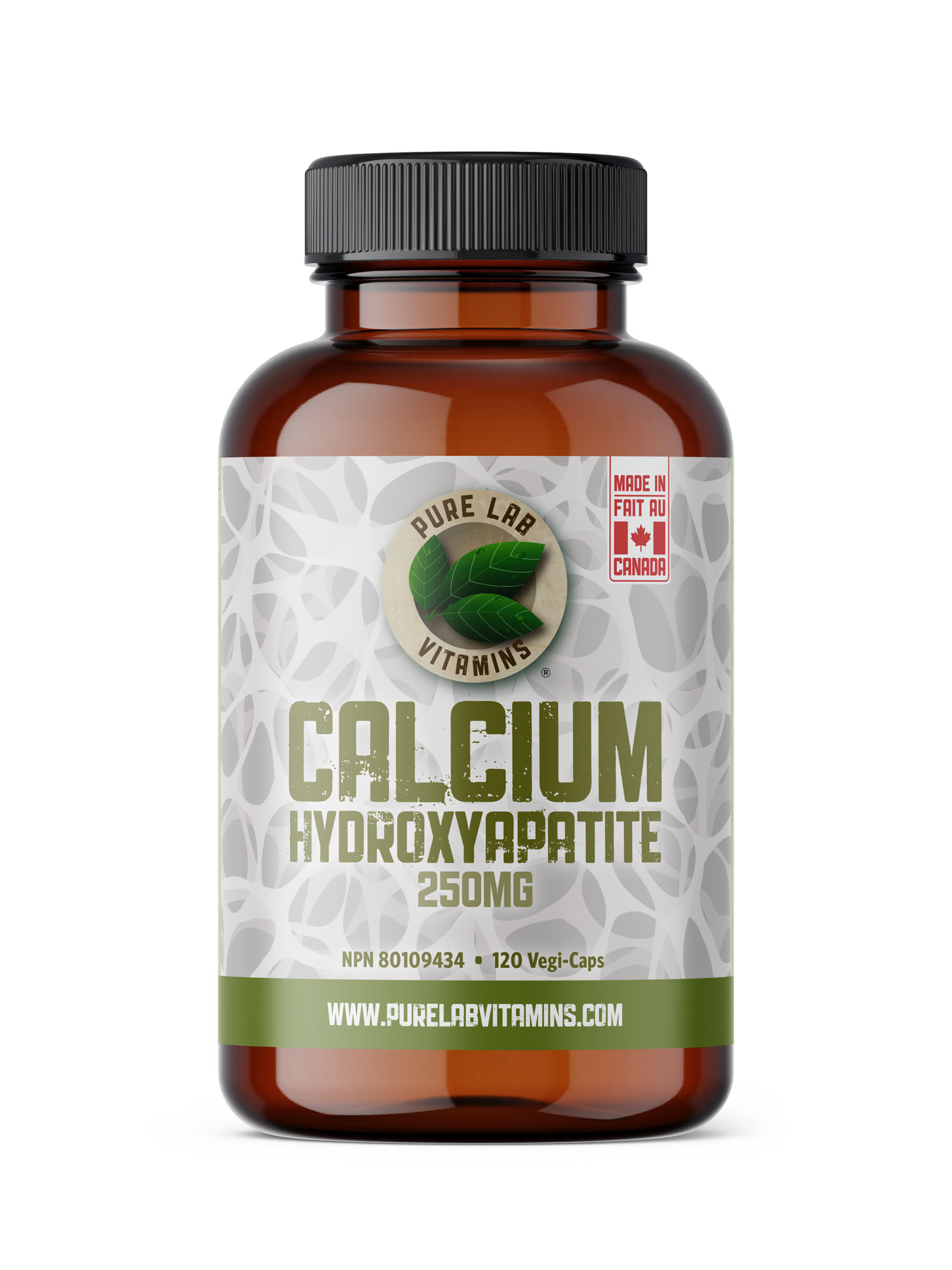Description
Calcium: The Unsung Hero of Your Body
Calcium. We all know it’s important, often associated with strong bones and teeth. But this essential mineral plays a far more diverse and critical role in maintaining overall health than many realize. Beyond structural support, calcium is a crucial player in nerve function, muscle contraction, blood clotting, and hormone secretion. Let’s delve deeper into the world of calcium and explore its multifaceted benefits.
Building Blocks and Beyond: The Multi-Tasking Mineral
As the most abundant mineral in the human body, approximately 99% of calcium is stored in our bones and teeth, providing the necessary rigidity and strength for movement and protection. This acts as a crucial reservoir, ready to be tapped when levels in the bloodstream decline. But that remaining 1% is a powerhouse of activity, vital for:
- Nerve Transmission: Calcium is essential for neurons to communicate with each other, transmitting signals throughout the body. This allows us to think, feel, and react to our environment.
- Muscle Contraction: From the beating of our heart to the simple act of walking, muscles rely on calcium to contract and relax. Proper calcium levels are crucial for healthy muscle function.
- Blood Clotting: Calcium is a key factor in the cascade of reactions that lead to blood clot formation, preventing excessive bleeding after an injury.
- Hormone Secretion: Many hormones, including insulin, rely on calcium to be released into the bloodstream and regulate various bodily functions.
Getting Enough: Sources and Recommendations
Maintaining adequate calcium levels is crucial for health at all stages of life. The recommended daily intake varies depending on age and life stage, but generally ranges from 1,000mg to 1,300mg for adults. Thankfully, calcium is readily available in a variety of foods, including:
- Dairy Products: Milk, yogurt, and cheese are excellent sources of calcium.
- Leafy Green Vegetables: Kale, collard greens, and spinach offer a plant-based option for calcium intake. While spinach contains calcium, it also contains oxalates which can bind to calcium and make it less absorbable.
- Fortified Foods: Many cereals, plant-based milk alternatives, and juices are fortified with calcium.
- Seafood: Fish like salmon and sardines, especially when eaten with their bones, are good sources of calcium.
- Nuts and Seeds: Almonds, sesame seeds, and chia seeds contain significant amounts of calcium.
Calcium Deficiency: When Levels Dip Too Low
Insufficient calcium intake can lead to a variety of health problems, particularly over long periods. Some common signs and consequences of calcium deficiency include:
- Osteoporosis: This condition weakens bones, making them brittle and prone to fractures. It’s often a consequence of chronic calcium deficiency, particularly in older adults.
- Muscle Cramps and Spasms: Low calcium levels can disrupt normal muscle function, leading to involuntary contractions and cramps.
- Numbness and Tingling: Calcium plays a crucial role in nerve function, so deficiency can cause numbness and tingling sensations in the hands, feet, or face.
- Weakened Hair and Nails: Calcium contributes to the structural integrity of hair and nails, so deficiency can lead to brittleness and breakage.
Supplementation: When Diet Isn’t Enough
While obtaining calcium through a balanced diet is the preferred method, supplementation may be necessary for individuals with dietary restrictions, medical conditions, or those unable to meet their daily requirements through food alone. It’s crucial to consult with a healthcare professional before starting any calcium supplement regimen. They can help determine the appropriate dosage and type of calcium supplement based on individual needs and potential interactions with other medications.
Conclusion: A Vital Nutrient for Lifelong Health
Calcium is far more than just a bone-building mineral. It’s a vital nutrient that plays a crucial role in numerous physiological processes, from nerve function and muscle contraction to blood clotting and hormone secretion. By ensuring adequate calcium intake through a balanced diet and, when necessary, supplementation, we can support optimal health and well-being throughout our lives. So, remember to prioritize this unsung hero of your body – calcium – and reap the rewards of its multifaceted benefits.
















Reviews
There are no reviews yet.